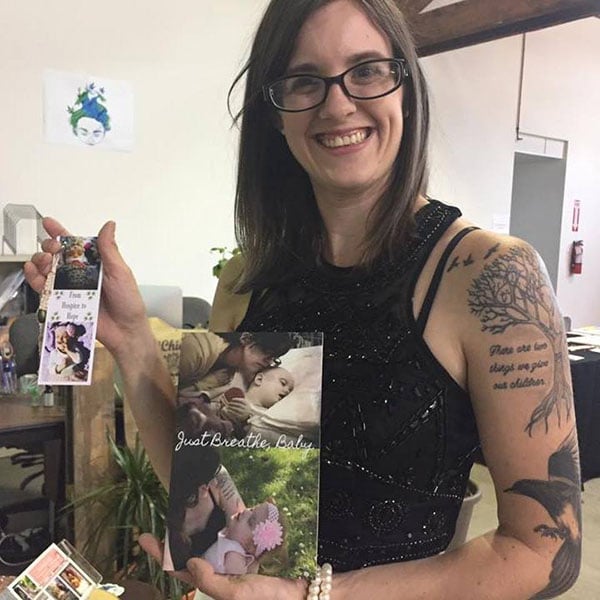Letter from a Drug War Soldier: Part Two

When we think about the “victims’ of the war on drugs I’m sure what comes to mind for most people is drug cartels hastily smuggling hundreds of pounds of drugs, through a rusty hole on a battered fence line, with nothing but a shiv, a semi-automatic weapon, , and the look out. Or maybe a 6’ 3” burly man on a darkened street corner, quickly scrolling through his “other” cell phone, wearing all black with the brim of his tattered hoodie loosely hanging from his forehead, to ensure none of the street cameras catch his face. The truth, the true “victims” of the war on drugs are mothers. Fathers. Sisters. Daughters. Most of them, of us, are average ordinary people. People who when passing on the street, you would never know that I am heading to a liquor and cannabis board meeting to tell the head of the LCB why the needs of pediatric medical cannabis patients aren’t being met. Why for my child, cannabis, is the only option she has left. You see, most “victims” in this war, are kids like my five-year-old. Maxed out on 26 pharmaceuticals, barely able to stay awake, out of medical options, and expected to die any day. This was almost three years ago. When in an eight-week period the medical community took my once bright and bubbly two-year-old and turned her into a vegetable. Thankfully my stubbornness got the best of me and I did a bit of my own research and reading on what if any other options might be out there for my little girl and cannabis kept popping up. Fast forward three years to present day and Maddie is five years old, off of 24 pharmaceuticals, she has failed out of hospice twice, and she continues to make improvements, all while fighting.
So, when we consider the true “victims” of the war on drugs, why are we not taking this a little bit more seriously? When it comes to any other topic, race, religion, sexual origin, you see the masses rise, you see change made when innocent children become involved or in a worst-case scenario killed. Why is it that when it comes to rare diseases, chronic pain in adolescence, facial and body differences, teen mental health, and childhood death we turn a blind eye? We say things like “that’s too hard to talk about.” Or “Wow, they’re so strong I could never do that!” but yet we never stop to ask the right questions like “What’s your name?” or “Are you having a good day?” Why are we so guarded from standing up for the humans who need us the most? The ones who can’t speak for the themselves? The ones who want nothing more than to be treated like a “normal” human being? Why should those who already walk unthinkable paths be forced to live their life in segregation? It has become socially acceptable to exclude those with disabilities from so many activities and only recently have we realized how important inclusion is. Only recently have we realized how much value these individuals provide to society. Acceptance. Understanding. Support. Isn’t that what we all desire?
